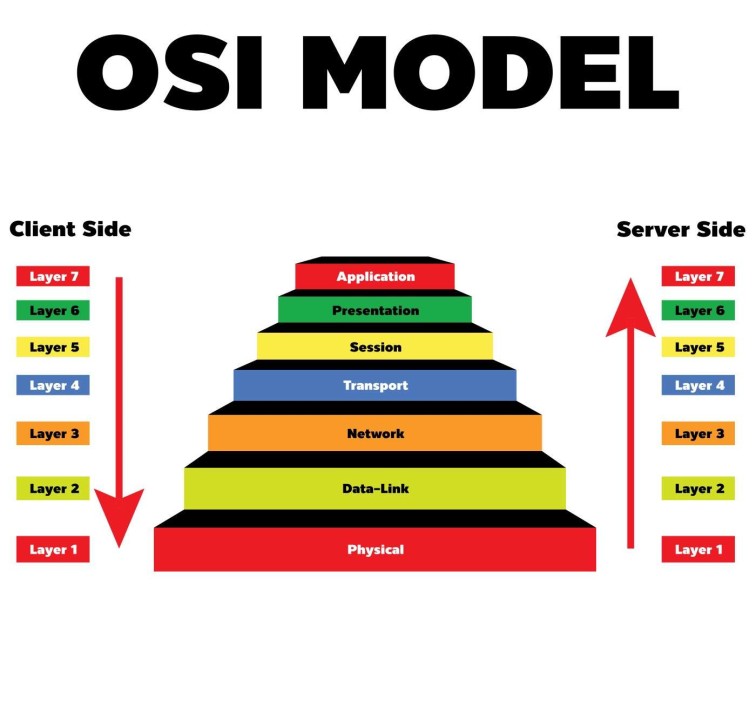
Blockchain technology has revolutionized various industries by providing decentralized, secure, and transparent systems. Consequently, the demand for blockchain developers has surged, thereby leading to the creation of comprehensive blockchain developer roadmaps.This guide aims to provide an in-depth understanding of the blockchain developer roadmap, exploring key blockchain features and blockchain benefits that developers need to master to excel in this field.
Blockchain Developer Roadmap
The blockchain developer roadmap is a strategic guide outlining the essential skills and knowledge areas required to become a proficient blockchain developer. This roadmap typically includes several stages, from foundational concepts to advanced development skills.
Understanding the Basics of Blockchain
The first step in the blockchain developer roadmap is to grasp the fundamental concepts of blockchain technology. This includes learning about the history of blockchain, its purpose, and its underlying principles. Key topics include:
- Distributed Ledger Technology (DLT): Understanding how blockchain operates as a distributed ledger, recording transactions across a network of computers.
- Cryptographic Hash Functions: Learning how cryptographic hash functions ensure data integrity and security.
- Consensus Mechanisms: Exploring different consensus algorithms, such as Proof of Work (PoW) and Proof of Stake (PoS), which ensure agreement among network participants.
Mastering Blockchain Features
To develop blockchain applications, it is crucial to understand the core blockchain features that make this technology unique. These features include:
- Decentralization: Blockchain eliminates the need for a central authority, distributing control across a network of nodes.
- Immutability: Once data is recorded on a blockchain, it cannot be altered, ensuring the integrity and trustworthiness of the information.
- Transparency: Blockchain transactions are transparent and can be verified by all participants, enhancing trust.
- Security: Blockchain employs advanced cryptographic techniques to secure data and prevent unauthorized access.
- Smart Contracts: These are self-executing contracts with the terms of the agreement directly written into code, automating and streamlining processes.
Programming Languages and Tools
The next stage in the blockchain developer roadmap involves learning programming languages and tools essential for blockchain development. Key languages include:
- Solidity: A primary language for writing smart contracts on the Ethereum blockchain.
- JavaScript: Widely used for developing blockchain applications, particularly with frameworks like Node.js.
- Go: Utilized in developing blockchain platforms like Hyperledger Fabric.
- Python: Popular for writing scripts and building applications on various blockchain platforms.
Additionally, developers should familiarize themselves with tools such as:
- Truffle Suite: A development environment and testing framework for Ethereum.
- Ganache: A local blockchain for testing Ethereum contracts.
- Remix IDE: An online tool for developing and deploying smart contracts.
Blockchain Platforms
Understanding different blockchain platforms is a critical part of the blockchain developer roadmap. Popular platforms include:
- Ethereum: Known for its robust smart contract functionality and widespread use.
- Hyperledger Fabric: A permissioned blockchain platform suitable for enterprise solutions.
- Corda: Designed for business-to-business transactions with a focus on privacy.
- EOS: Known for its scalability and decentralized applications (dApps).
Developing Smart Contracts and dApps
Smart contracts and decentralized applications (dApps) are at the heart of blockchain development. Learning to develop and deploy these components involves:
- Writing Smart Contracts: Using Solidity to create and test smart contracts on platforms like Ethereum.
- Building dApps: Developing decentralized applications that interact with smart contracts, using frameworks like React and Vue.js for front-end development.
Understanding Blockchain Benefits
As part of the blockchain developer roadmap, it is essential to understand the numerous blockchain benefits that this technology offers. These benefits include:
- Enhanced Security: Blockchain’s cryptographic nature makes it highly secure against hacking and fraud.
- Improved Transparency: Transactions are visible to all participants, reducing the potential for corruption and fraud.
- Increased Efficiency: Automated processes and the elimination of intermediaries streamline transactions and reduce costs.
- Traceability: Blockchain provides a clear audit trail, improving the traceability of goods and data.
- Decentralization: Reduces the risk of centralized points of failure and distributes control across the network.
Advanced Topics and Specializations
As developers progress, they can delve into advanced topics and specializations within the blockchain domain. These may include:
- Blockchain Security: Focusing on securing blockchain applications and preventing vulnerabilities.
- Scalability Solutions: Exploring methods to enhance blockchain scalability, such as sharding and off-chain transactions.
- Interoperability: Developing solutions that allow different blockchain networks to communicate and share data.
- Decentralized Finance (DeFi): Building financial applications that operate on blockchain technology, offering services like lending, borrowing, and trading without intermediaries.
- Non-Fungible Tokens (NFTs): Creating unique digital assets and exploring their applications in art, gaming, and more.
Staying Updated with Blockchain Trends
The blockchain landscape is continuously evolving, making it crucial for developers to stay updated with the latest trends and developments. This involves:
- Participating in Blockchain Communities: Engaging with communities on platforms like GitHub, Reddit, and specialized forums.
- Attending Conferences and Meetups: Networking with industry professionals and staying informed about new advancements.
- Continuous Learning: Enrolling in courses, webinars, and reading research papers to keep abreast of emerging technologies and best practices.
Conclusion
The blockchain developer roadmap provides a structured path for aspiring developers to navigate the complex and dynamic world of blockchain technology. By understanding key blockchain features and blockchain benefits, developers can build secure, efficient, and innovative solutions that leverage the full potential of this transformative technology.
Mastering the basics of blockchain, gaining proficiency in relevant programming languages, and staying updated with industry trends are essential steps in this journey. As blockchain continues to disrupt various sectors, the role of skilled blockchain developers will remain pivotal in driving innovation and adoption, making it a rewarding and promising career path.
